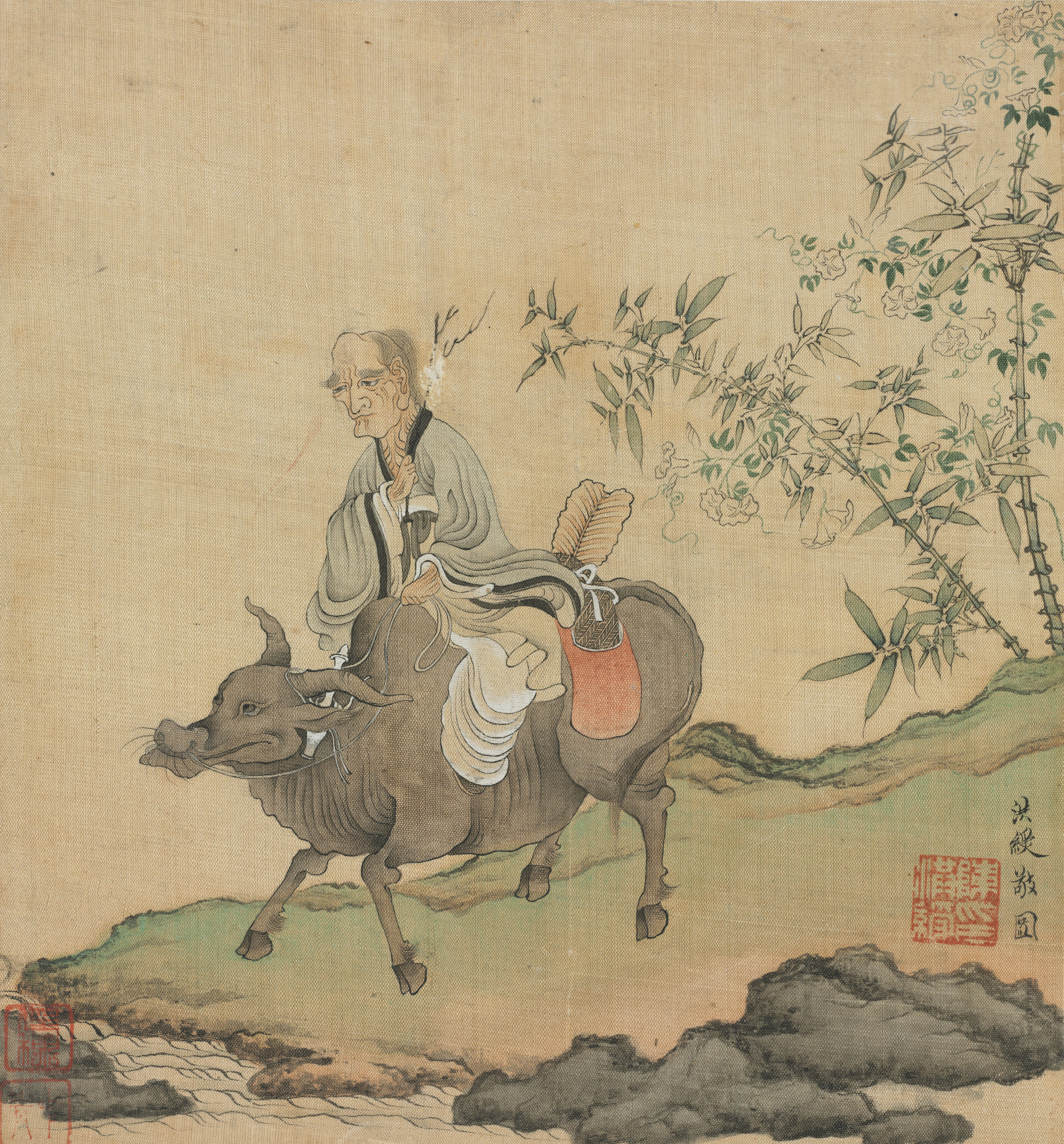Starting in the 1950s, Cambridge biologist Joseph Needham began his life-long project resulting in the 13-volumes (in 57 books) called "Science and Civilization in China." He detailed how a wide-range of technologies – from pasta to toilet-paper and from gunpowder to movable-print – were all invented in China. Then he proposed what many call "Needham's Dilemma": If the Chinese were so advanced, why didn't they employ these technologies throughout their civilization? Embeded within his narrative is the likely answer – Confucianism is organized for stability and new technology always destablizes. As Needham asserted, technological invention was overwhelmingly a result of Daoist "natural science" (himself taking on the family name of "Li" to honor Laotzse) – generally repressed by dynastic Confucianism. How long can that resistance to change last in today's world?
Not long. China has rediscovered its "classical" roots and it knows this is its most powerful defense against "foreign devils." The CPC (often mistakenly abbreviated CCP, which was an organization that was superceded in 1948) has become the world's largest purveyor of the "classics." Both Chinese and Western. Recruits to the Central Party School in Beijing, from which the next generation of Chinese "guardians" will be selected, are now being taught the Dao De Jing and Yi Jing along-side their Marxian dialectics. "Marxism" itself has been completely overhauled, discarding the Russian-based translations in favor of a new "canon," which is being enthusiastically taught in universities across the country. And China remembers the Western assault – driven by superior technologies – resulting in the "Opium Wars." They will never allow that to happen again.
China has rediscovered its "classical" roots and it knows this is its most powerful defense against "foreign devils." The CPC (often mistakenly abbreviated CCP) has become the world's largest purveyor of the "classics." Both Chinese and Western. Recruits to the Central Party School in Beijing, from which the next generation of Chinese "guardians" will be selected, are now being taught the Dao De Jing and Yi Jing along-side their Marxian dialectics.
Unlike the West in which "progress" has dominated thoughts and actions since the Printing Press took over our psychologies 400+ years ago, the Chinese have never signed up for this linear progression (ironic, perhaps, since it is also the basis of Marx/Engels' notions of "communism"). Instead, traditional Chinese attitudes tended to place history in the context of long-term rising-and-falling fortunes. Specifically, this is a cyclical understanding structured roughly around a 700-year sequence (or, if you will, 12x the common 60-year cycle from which the "year of . . ." derives). Count back from today 700 years to the Ming Dynasty (which was highly conflicted, beginning with exploration and ending in isolation) and then another 700 years to the T'ang Dynasty and you will begin to get a glimpse at how many in today's Chinese leadership perceive their "mandate from heaven." T'ang flourished around 800 and, at the time was the most successful civilization on earth. Situated at the eastern terminus of the Silk Road (and the western terminus of the Great Wall, protecting China from "shamanistic" Central Asia), the capital Chang'an welcomed traders bearing tributes. It had a million inhabitants when Paris only had 20,000. Today's China believes itself to be on the same historic course – once again climbing to global leadership, without having to conquer its rivals.
Accordingly, with this retrieval of its own "medieval" sensiblities, China is following an approach that is being replicated elsewhere in the East. This means that the goal of today's China is, in many ways, an effort to return to "The Way" which underpins the development of its civilization. This is not compatible with 20th-century "globalism." And it is not unique to China. Both India and Japan have their own parallel efforts to retrieve their understanding of "The Way" – separating the East from the West in fundamental ways. This is a very powerful societal dynamic indeed.

Laozi riding an Ox, Wikimedia Commons